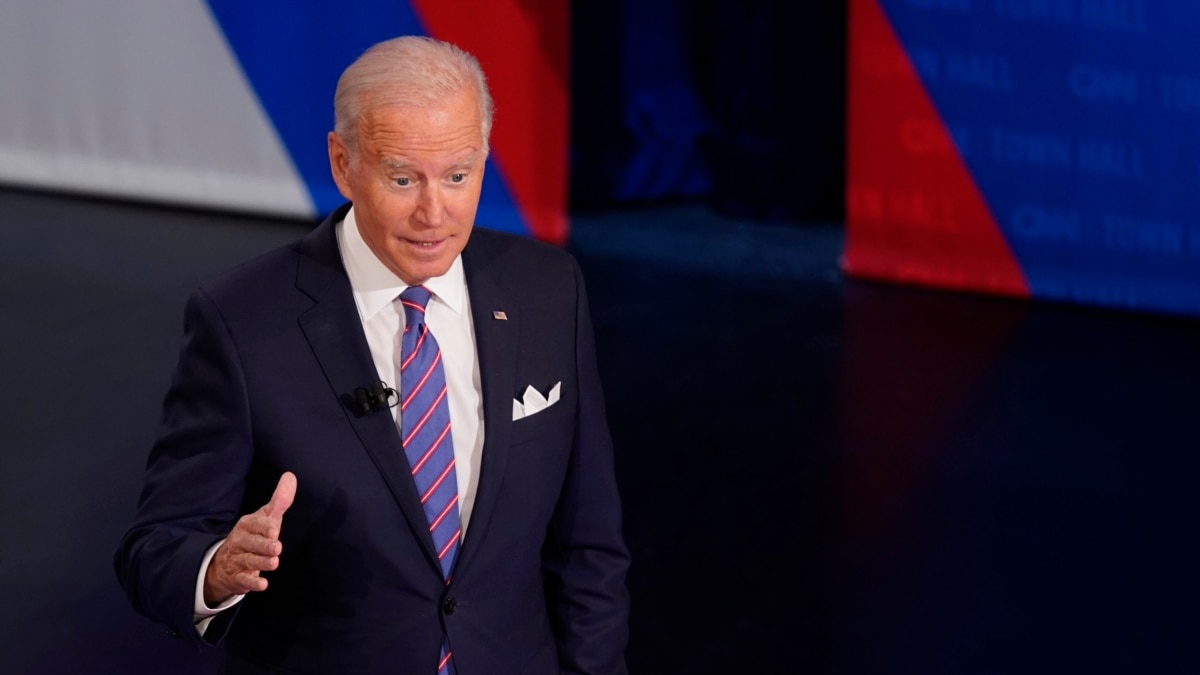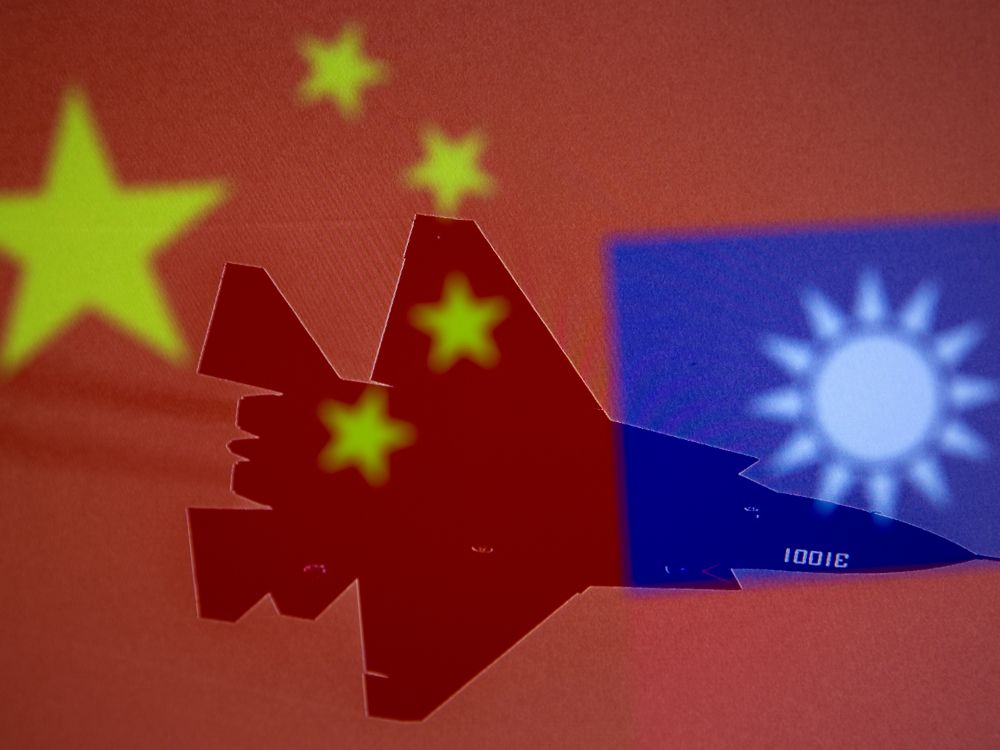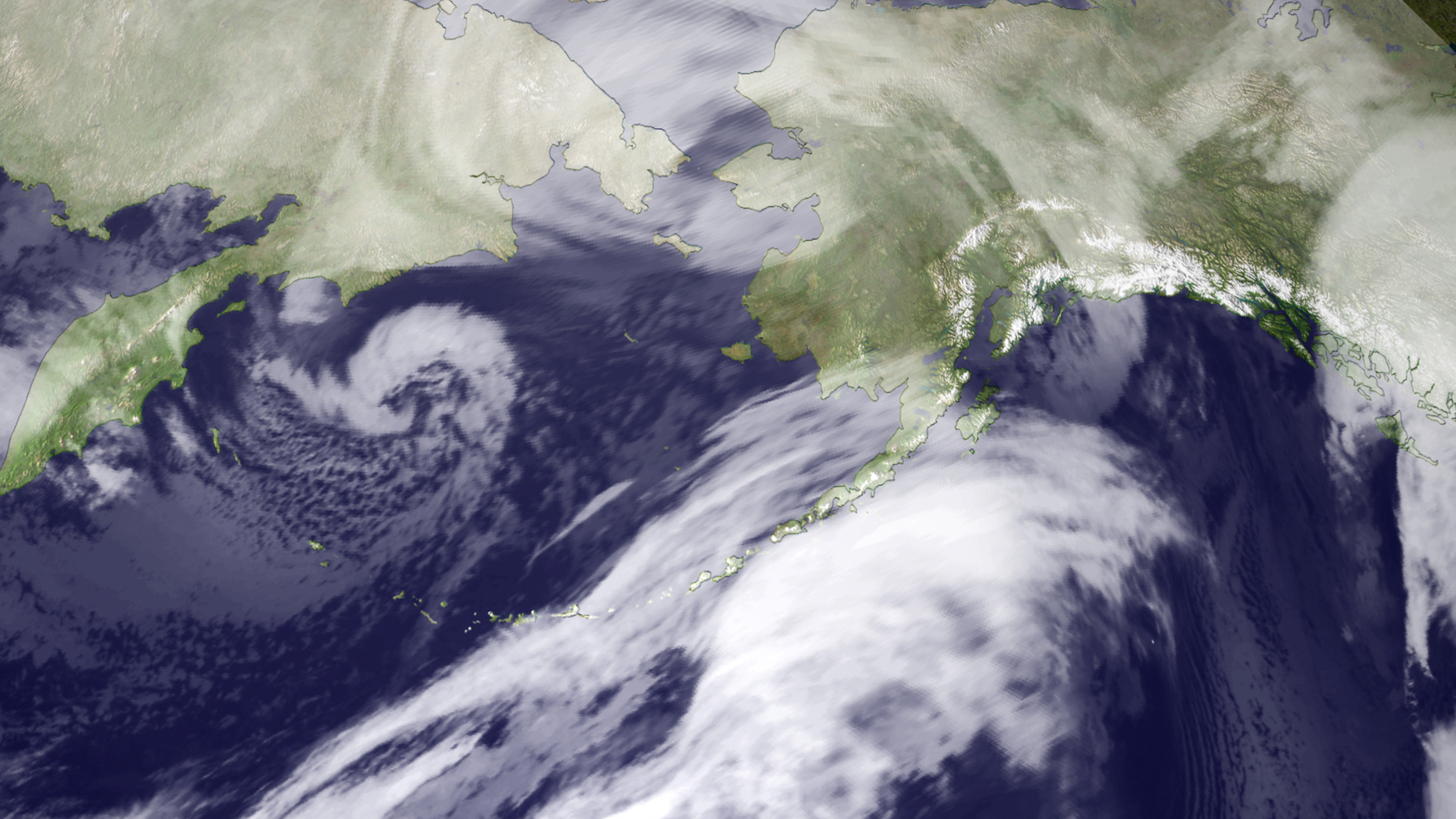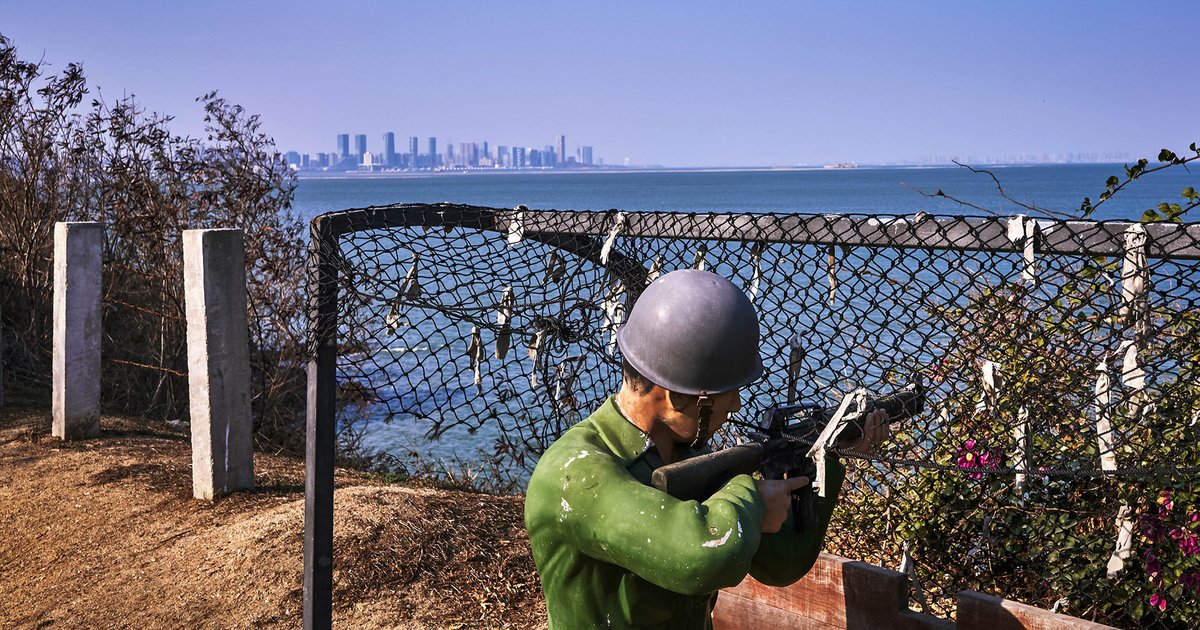Colin Parkinson
Army.ca Myth
- Reaction score
- 12,668
- Points
- 1,160
There is a book you might like to read The Horse That Leaps Through Clouds: A Tale Of Espionage, The Silk Road, And The Rise Of Modern Chi...Many Chinese believe that the so-called 'Russian Far East' is Asian and that it should not be part of European (barbaric) Russia. Some Chinese scholars/commentators believe that China should act (interesting word, "ac") to persuade the Asian peoples of Siberia to come independent.
The Russians, for their part, KNOW that the Chinese despise them ABD that China covets the resources and, above all, water in the "Russian Far East."
Russia and China can be fair-weather-friends when it suits them, but, even in 2008, when Russia wanted to destabilize the US dollars, the Chinese put their own interests ahead of hurting the USA.
On July 6, 1906, Baron Gustaf Mannerheim boarded the midnight train from St. Petersburg, charged by Czar Nicholas II to secretly collect intelligence on the Qing Dynasty''s sweeping reforms that were radically transforming China. The last czarist agent in the so–called Great Game, Mannerheim chronicled almost every facet of China''s modernization, from education reform and foreign investment to Tibet''s struggle for independence.
On July 6, 2006, writer Eric Enno Tamm boards that same train, intent on following in Mannerheim''s footsteps. Initially banned from China, Tamm devises a cover and retraces Mannerheim''s route across the Silk Road, discovering both eerie similarities and seismic differences between the Middle Kingdoms of today and a century ago.
Along the way, Tamm offers piercing insights into China''s past that raise troubling questions about its future. Can the Communist Party truly open China to the outside world yet keep Western ideas such as democracy and freedom at bay, just as Qing officials mistakenly believed? What can reform during the late Qing Dynasty teach us about the spectacular transformation of China today? As Confucius once wrote, "Study the past if you would divine the future," and that is just what Tamm does in The Horse that Leaps Through Clouds.



:quality(70)/cloudfront-us-east-1.images.arcpublishing.com/mco/5LFDORCRDNCLRA3SAVIRXA2FAY.jpg)











